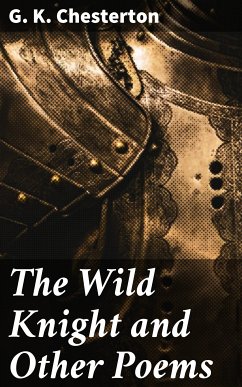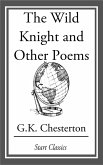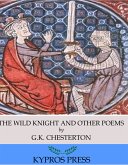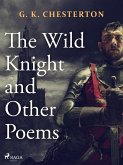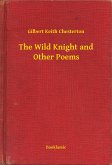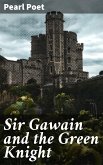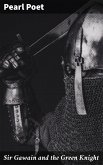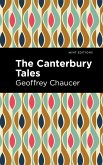In "The Wild Knight and Other Poems," G. K. Chesterton crafts a rich tapestry of verse that embodies his characteristic wit and philosophical depth. This collection explores themes of chivalry, faith, and the human condition through a romantic lens, blending a modern sensibility with a medieval aesthetic. Chesterton's lyrical style, replete with vivid imagery and striking metaphors, invites readers to traverse landscapes of both the external world and the inner psyche, often challenging the conventions of contemporary poetry by celebrating the heroic and the fantastical. The collection resonates with the spirit of the early 20th century, reflecting the burgeoning tension between industrial modernity and the timeless ideals of bravery and honor. G. K. Chesterton, a prominent English writer and philosopher, was known for his keen intellect and profound sense of humor. His diverse literary career spanned novels, essays, and poetry, influenced by his deep Christian faith and belief in the value of common sense. Chesterton'Äôs observations on society and the individual are profoundly colored by his experiences as a journalist and critic, leading to a deep appreciation for the narratives that weave through the fabric of life. For those seeking to immerse themselves in the lyrical beauty and philosophical undertones of early 20th-century poetry, "The Wild Knight and Other Poems" is an invaluable addition to any literary collection. Chesterton'Äôs enchanting exploration of themes such as courage and spirituality will resonate with readers who appreciate not only the artistry of language but also the profound questions it provokes.
Dieser Download kann aus rechtlichen Gründen nur mit Rechnungsadresse in A, B, BG, CY, CZ, D, DK, EW, E, FIN, F, GR, H, IRL, I, LT, L, LR, M, NL, PL, P, R, S, SLO, SK ausgeliefert werden.

